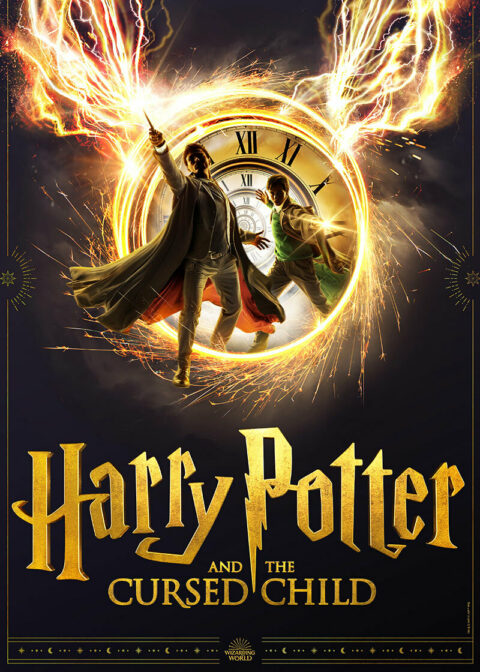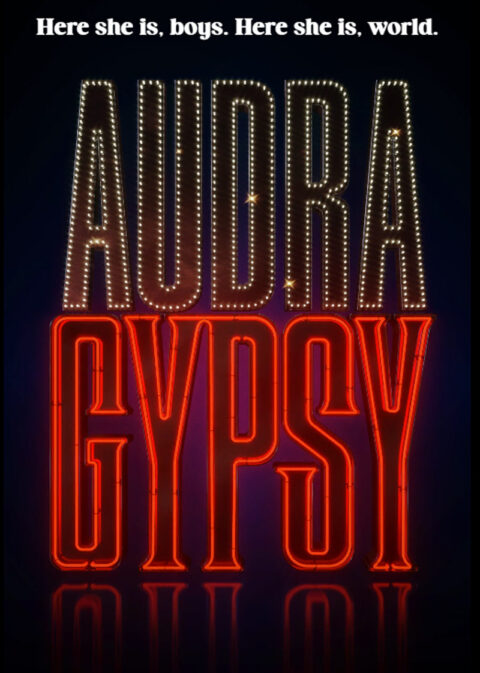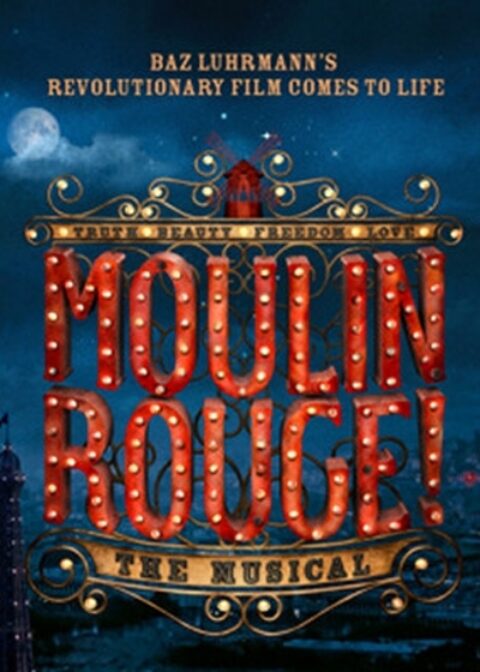After Harry Potter Ticket Brokers are Jailed in the UK for Illegal Practices, Other Ticket Markets, Including NYC's Broadway, Begin to See Changes in Law and Policy
Ticket Brokers Peter Hunter and David Thomas Smith Were Jailed in the UK
Harry Potter Sends Chill Around the World of Ticket Brokers
Love them or hate them, ticket brokers, scalpers and ticket touts have been around for hundreds of years and there is little evidence that they will be going away anytime soon.
Their often despised role is the last piece of an efficient ticket sales system that has symbiotic relationships from show producer all the way through to the final ticket buyer. Ticket brokers can also be early investors in shows that helps producers risk less money in their production, but more often than not they only invest in shows where they know they will make a killing.
Ticket Brokers Buy Up All The Ticket Inventory
In recent years, ticket brokers have been getting ahead of themselves by buying all the ticket inventory they can using some very unfair practices like ticket-bots and spec-selling. Lately there has been some changes in laws and policy in the UK and the US that gives ticket brokers pause and gives the man-on-the-street a better chance at scoring tickets at a fairer price.
Stateside things are finally changing for Broadway ticket buyers, but will Charles Flateman at The Shubert Organization actually allow them to happen?
UK's Peter Hunter and David Thomas Smith Jailed
In the United Kingdom, Harry Potter ticket brokers Peter Hunter and David Thomas Smith, of "Ticket Wiz" and "BZZ" were jailed in for a total of six and a half years for buying and selling tickets to many UK based shows and concerts, including Harry Potter and the Cursed Child in the West End. Hunter was jailed for four years and Smith was jailed for 2 1/2 years following the end of the landmark trial in 2020.
Worldwide Ramifications For Ticket Brokers
The pair used many ticket bots to buy vast amounts of tickets and were able to circumvent the rudimentary controls that primary ticket sources had put in place to limit ticket purchases to either 2 per person or even 4 per person.
The prosecution claimed that using computer ‘bots’ – software that harvested tickets ‘en-masse’, thereby keeping the tickets away from real music fans – amounted to fraud and the jury agreed with them.
Conviction, Appeal and Sentence
The duo's original conviction came in February 2020 at the Leeds Crown Court in the UK where they were found guilty of two things: using ticket bots to buy tickets and not telling ticket buyers that their tickets could be cancelled if the primary ticket source found out what they were doing.
Their subsequent appeal of that conviction was rejected in November 2021 and the pair are now doing time in HMP Wakefield Prison.
Wakefield is Britain’s most notorious men’s prison and has been nicknamed ‘The Monster Mansion’ on account of the number of high level and notorious criminals housed there. The newly minted white collar criminals Hunter and Smith are now locked up with hard-core criminals that include pedophiles, rapists and killers.
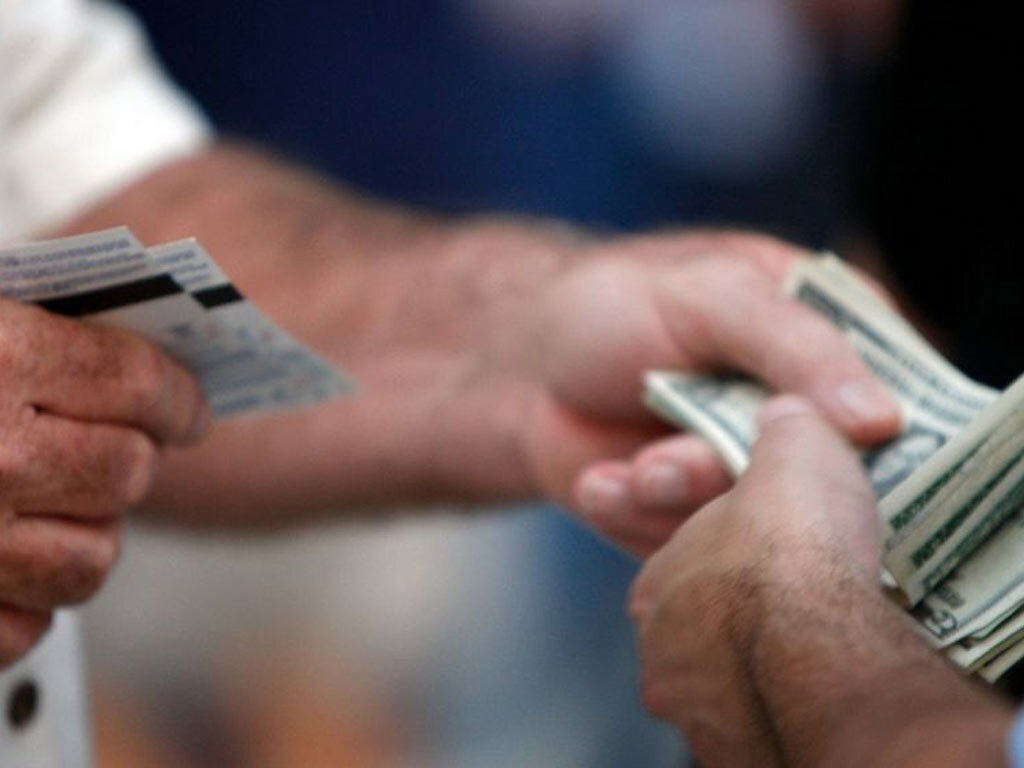
The Ticket Brokers Ran The Ticket Empire From Their House
The ticket broker duo were running a business that used nearly 100 different names, 88 physical postal addresses and more than 290 email addresses to evade restrictions set up on primary ticketing platforms that limit the number of tickets purchased by one person per day. The duo made over $16 million in profits over a variety of shows including Ed Sheeran and Harry Potter and the Cursed Child.
The pair would then sell the ill-gotten tickets on secondary ticket sites like stubhub and viagogo at significantly higher prices. In one instance, the pair bought more than 750 tickets to Ed Sheeran’s concerts and offered the $75 tickets in viagogo for $7500 each. For the Harry Potter West End show , they purchased 8000 tickets and sold them at 400% profit margin, a huge markup by any measure.
The Duo Contends at Appeal: "Is Capitalism Now a Crime?"
While the Hunter and Smith duo were operating a somewhat unethical business, it appears that they were doing it in some confines of capitalism, where anyone is free to buy and sell any item free from government oversight. Where the UK government did get them was that they used ticket bots and mass ticket buying software to mask their purchases, which has been a crime in the UK since 2011.
The duo also did not tell their ticket buyers that they had contravened the primary sellers’ terms and conditions, making the tickets liable to be cancelled. They were found guilty of both charges in the UK court.
Spec Selling (or Selling Tickets on Speculation)
It is alleged that the UK defendants also engaged in other fraudulent ticket trading practices by listing tickets for sale on secondary ticketing websites that they had not purchased and did not own. This is known in both the UK and the US as 'Spec-Selling" and is a common practice among ticket brokers.
Spec selling is similar to short-selling in the stock market, but in reverse.
In spec selling you sell something you do not own. In short-selling you sell something on the open market that you figure will go down in price - you do not own the item but borrow a security against it. You then purchase the stock later at a lower price, pocketing the difference after repaying the initial loan.
The duo were found not guilty of the spec-selling charge as there is no explicit law against it and it was not seen as fraud.
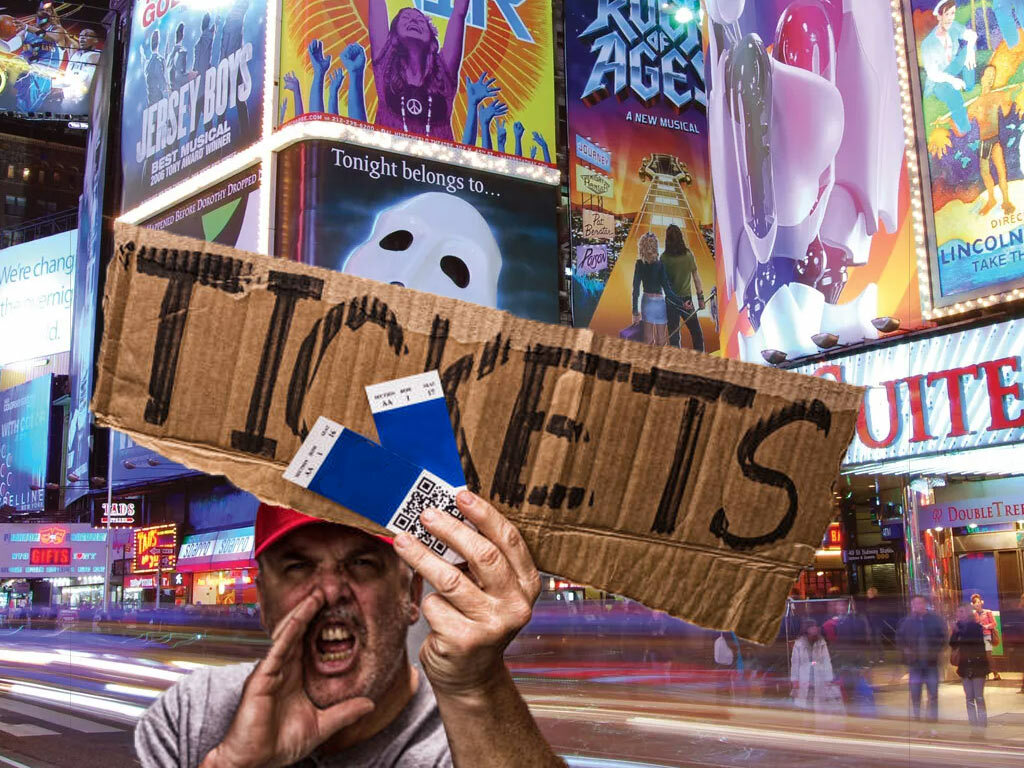
Primary Ticket Sellers Conflict of Interest
In the ground breaking case it appears immaterial that none of the ill-gotten tickets were actually cancelled as primary ticket sellers have a vested interest of the success of ticket brokers, with many primary ticket brokers actually owning ticket brokerages themselves, which is a major conflict of interest, but still not illegal.
Show Producers Often Give Tickets to Ticket Brokers and Split the Profits From the Sale
Stateside, a big fly in the ointment of Broadway ticket sales is that show producers often give tickets to ticket brokers and split the profits. In the UK case a secondary ticketing website had also helped Hunter and Smith by providing them with a barcode scanner so that they could generate barcodes used for the resale of digital tickets.
It is clear that show producers, theatre landlords, primary ticket sources, secondary ticket websites, venues and ticket brokers are all in bed together and the consumer has little chance in getting tickets at a fair price. The Hannah Montana ticket debacle of 2007 showed just how dirty the underbelly of the ticket industry was and yet still no laws exist to stop some of those unethical practices of unethical holdbacks and undisclosed ticket routing.
Names On Tickets Would Have Solved The Problems
Show producers and primary ticket sellers know fully well that they could have solved the ticket broker problem long ago by putting names on tickets and requiring government ID at the door. They chose not to do that because they actually need ticket brokers to drive the market, but then vilify them when they go too far.
Like the scene from Scarface where the Fed agent says "Don't go too far Tony", but Tony cannot control himself and so too the ticket brokers are romanced by the millions of dollars of easy profit and always go too far.
How This Plays Out on Broadway in New York
Clearly New York State Governor Hochul was following this UK trial and has recently signed into NY State law similar controls on ticket brokers that include the ban of ticket scalper bots. Hochul got a little confused and also banned the sale of free tickets in the state, which isn't even a problem yet, but her heart may be in the right place.
In weighing her decision, she may have realized that the US is more about free commerce and unlike the somewhat socialist UK, where they may tend to steer away from capitalism if they could, she needed to let the free market work things out.
New York State Governor Hochul Signs New Ticket Laws
The downside is that Hochul's new laws are only good in New York State, so ticket brokers from other states can still operate across state lines without fear of prosecution, until these laws are adopted at the federal level.
Governor Hochul is not done yet as she promises to add additional laws to the books to protect consumers from themselves and the bad practices of ticket brokers, but she is also keeping on eye on government overreach in the free markets.
Charles Flateman at The Shubert Organization did not return calls requesting comment for this article.
